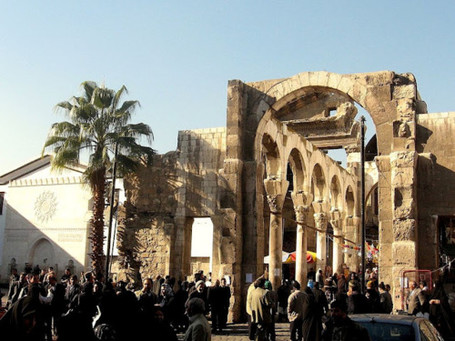
The UCLG Middle East Working Group is organising, from 18th - 26th March 2013, a Scoping and Solidarity mission aimed at local and regional authorities welcoming Syrian refugees open to authorities in border countries of Syria, Lebanon, Jordan and Turkey. Elected representatives from French, Turkish and Dutch local and regional authorities will participate in this mission and will be accompanied by experts from local authorities in Canada (FCM), Dutch (VNG) and Cités Unies France (CUF).
Faced with the dramatic situation in Syria and in response to requests from local governments coping with the influx of refugees from Syria as well as to various calls for solidarity from mayor of Istanbul and President of UCLG, Kadir Topbas, the Middle East Working Group of UCLG within the City Diplomacy and Decentralized Cooperation Committee has decided to launch an initiative of local governments from the network world towards Syria.
The international community has announced a unique humanitarian effort to face this crisis. The delivery of aid is based on the United Nations system and on the major non-governmental humanitarian actors, but also, as requested by the Syrians on local solidarity networks implemented on the country.
During the last UCLG meeting of the Middle-East working group in Dakar, it was decided to send a delegation of local elected officials led by the President of UCLG, to go to meeting mayors and local government leaders from Lebanon, Turkey and Syria. Communities need to manage the influx of refugees from Syria. Their number is estimated at around 700,000.
The objectives of the mission
- Bring a message of solidarity on behalf of the elected from local governments members of UCLG
- Meet with local officials to identify needs of local authorities receiving refugees, particularly those who are not covered by UNRWA and UNHCR in camps.
- Explore the possibilities for a concrete follow up of assistance to the affected local governments.










